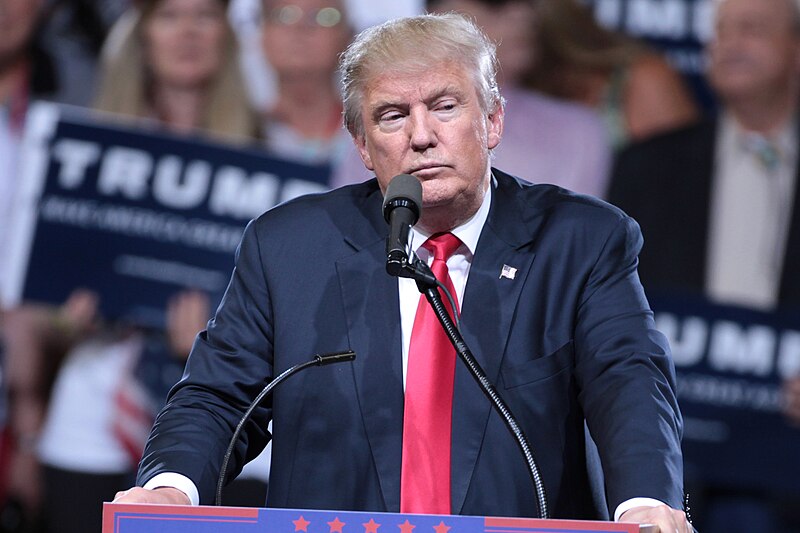
The Justice Department has firmly rejected Donald Trump's attempt to have the federal election interference case against him dismissed, asserting that "no one is above the law." Trump's legal
team had sought to dismiss four felony charges on the grounds of presidential "immunity," but the Justice Department argued against this stance, emphasizing that Trump, like any other American, is subject to federal criminal laws.
Assistant special counsel James Pearce stated that the legal issue is straightforward, and Trump's characterization of the allegations against him and the support for his claims are inaccurate. According to the Justice Department, sitting presidents only have temporary immunity from prosecution while in office, which ends after their term concludes. Extending such protections to a former president would undermine accountability for any crimes committed at the end of their term, which is particularly concerning during a second term when re-election is not a factor influencing behavior.
The Justice Department's filing highlighted that criminal prosecution immunity would be inappropriate when a former president is alleged to have engaged in criminal conduct to overturn a presidential election's results to stay in office. Trump has been indicted by a federal grand jury, accused of conspiring to overturn election results, leading to the events of January 6, 2021, and violating the civil rights of American voters.
Trump's legal team argued that no previous American president faced federal criminal prosecution, using historical precedent to support their case. However, prosecutors pointed out that Trump's unique legal challenges may reflect his unprecedented behavior. He faces criminal charges in four separate jurisdictions, including Florida, Fulton County, Georgia, New York, and Washington, D.C.
The special counsel's legal team cited statements from prominent conservative legal figures and Republican lawmakers during Trump's impeachment, emphasizing that former presidents are not immune from being held accountable through the criminal justice system or civil litigation. Photo by Gage Skidmore from Peoria, AZ, United States of America, Wikimedia commons.






































